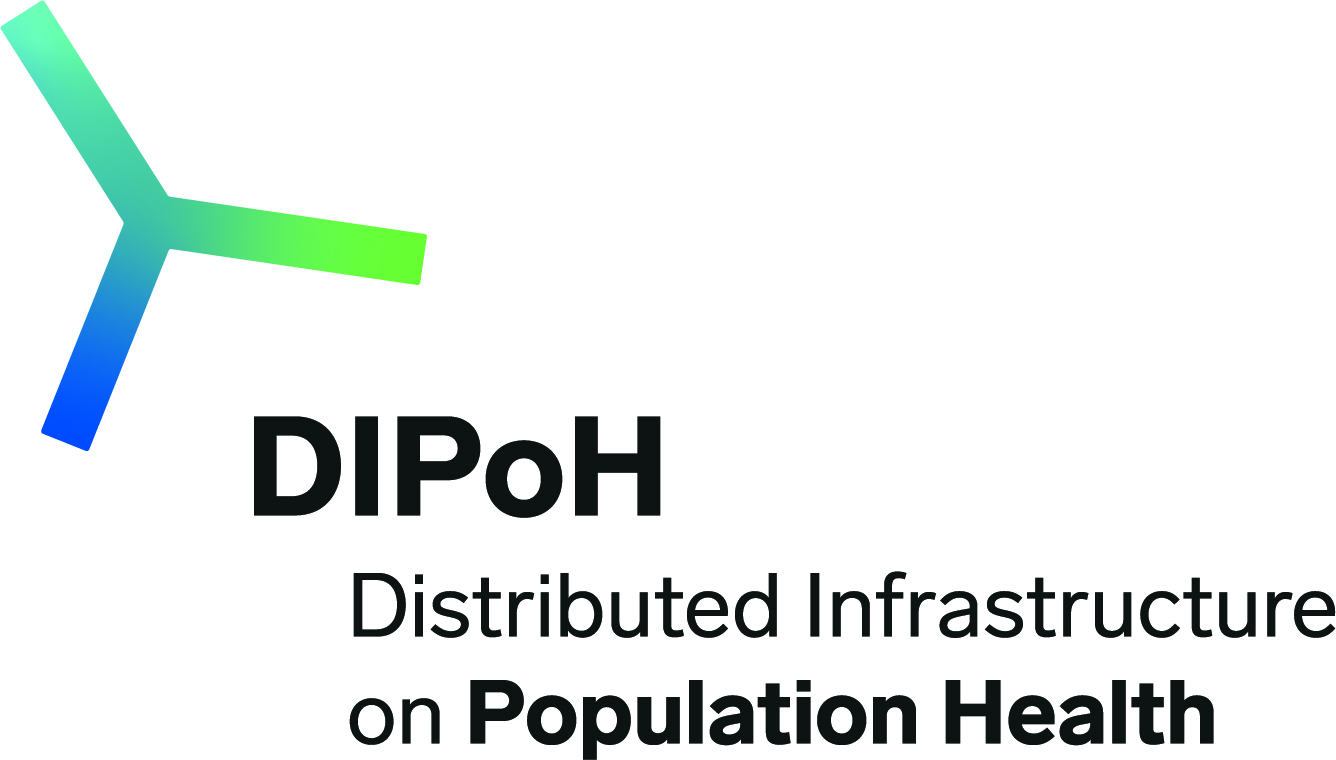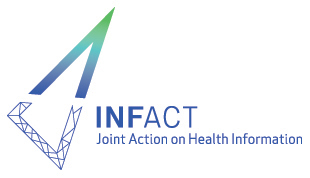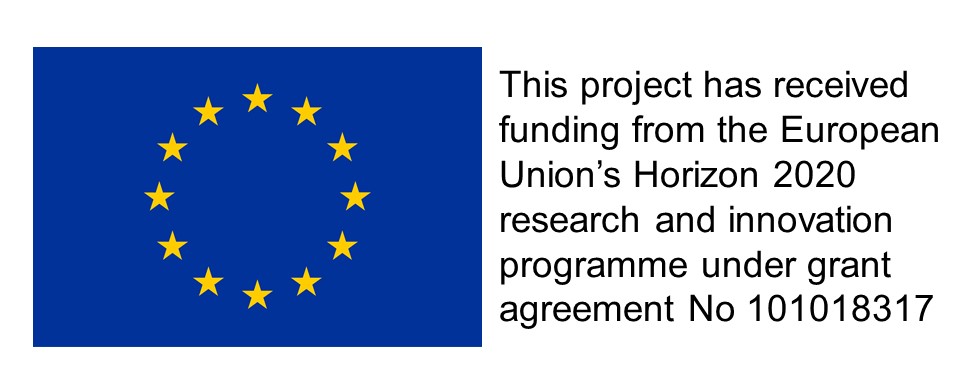European Public Health Association
The European Public Health Association, or EUPHA in short, is an umbrella organisation for public health associations and institutes in Europe. EUPHA was founded in 1992 by 15 members (12 countries)and is an international, multidisciplinary, scientific organisation, bringing together around 23’000 public health experts for professional exchange and collaboration throughout Europe. We encourage a multi-disciplinary approach to public health.





